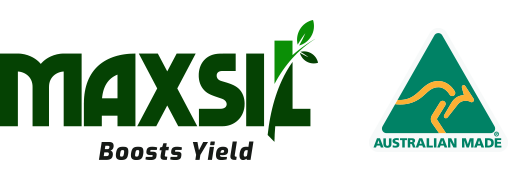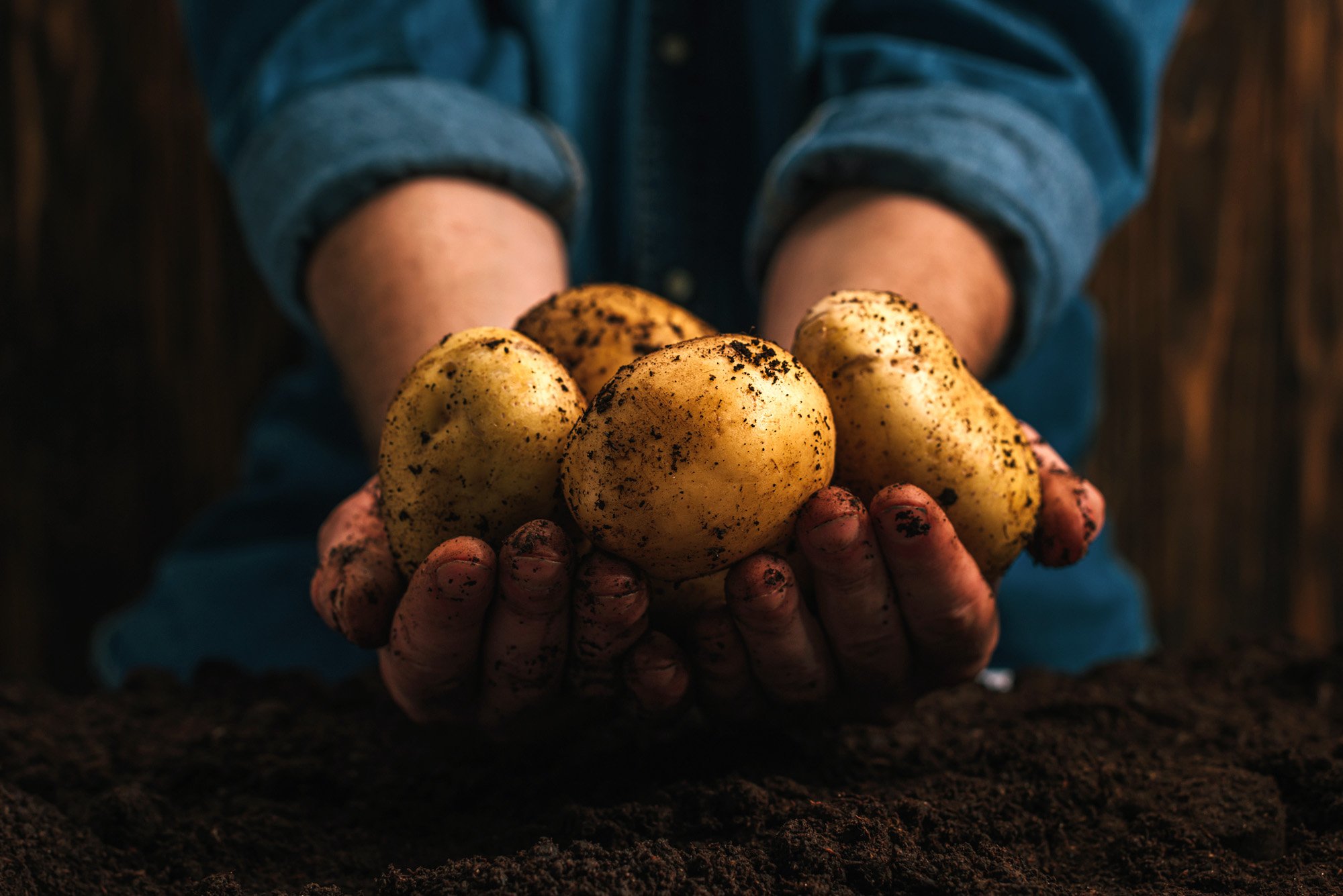Big yields and returns from MaxSil-treated vegetable trials
Increased growth, yield and quality were the main outcomes from a range of cereal and vegetable pot and field trials treated with MaxSil’s silicon fertiliser in Queensland, Tasmania and NSW between 2011-2021.
Applications of the fertiliser also increased crop resistance to pests and diseases, thus enhancing environmental sustainability of growing food.
Importantly, the gross margin for crops grown with MaxSil was better than for those grown without.
Compared to the two diatomite-based silicon products the plant available silicon (PAS) in MaxSil was 13-25-fold greater, which translated to lower application rates and costs.
These were the main conclusions reached by pre-eminent University of Western Australia soil and plant nutrition scientist, Professor Zed Rengel.
As a proven valuable plant nutrient, MaxSil has recently had its reputation enhanced by US lab tests, which have determined the fertiliser has much higher levels of PAS than previously thought, far ahead of its competitors, derived from calcium silicates, a waste product from steel works and diatomite, which comes from fossil shells and marine algae.
After a decade of research and development, MaxSil began producing commercial quantities of its silicon rich fertiliser for market from its new Brendale manufacturing plant in Brisbane in April.
MaxSil is novel in that it is made from recycled glass bottles, which when ground down gives it a much higher soluble silicon content than its competitors.
According to Professor Rengel in some crop trials of potatoes in northern Tasmania in 2011 and spinach in 2018, conducted by agronomy services provider, Serve-Ag, Tasmania, the yield increases following applications of MaxSil were shown to be statistically significant, thus providing a scientifically acceptable proof of efficacy of the product as a silicon fertiliser.
The Tasmanian spinach crop, which was harvested in August 2018, showed a significant increase in yield of the MaxSil treated area of 160kg a hectare. The grower estimated the value of the increase to be about $8000/ha.
Professor Rengel said the MaxSil benefits of increased yield and quality in the field extended also to storage, with spinach leaves from the MaxSil treatment retaining freshness and greenness after a period of cold storage better than the leaves grown in the no-MaxSil control.
In a 2010 potato field trial, which received 100kg a ha of the MaxSil variant used in the onion trials, the net financial benefit was assessed at more than $2000/ha. This was statistically significantly higher than in the treatment without MaxSil, Professor Rendel said.
In a poppy trial conducted by Serve-Ag in 2010-11, MaxSil was applied over three hectares of an eight hectare poppy field, five ha of which constituted the control plot.
The result was an increased capsule yield of 23 per cent following an application of MaxSil at 100kg/ha. The net benefit, after input costs were deducted, was about $1000/ha.
In a 2010 cream gold onion variety field trial by Serve-Ag, a MaxSil predecessor variant, HumaSil was applied at 100 kg/ha. The crop was harvested in February 2011 and showed a 13pc yield increase in the treated areas over the control.
This was largely attributed to a greater weight in the small onion grades which attract a premium price. The net benefit after deducting costs was assessed by Serve-Ag at more than $1000/ha.
In most of the trials Professor Rengel said there was a nominal increase in yield and marketable yield in the case of vegetables, in the treatment with MaxSil fertilisation and grower standard practice (GSP), compared with the GSP fertilisation only. MaxSil fertilisation in 2021 was also found to increase the quality of products.
Professor Rengel determined that the application of MaxSil frequently resulted in statistically significant increases in the quality of agricultural products for example decreased weight of undersized potato tubers in northern Tasmania, increased poppy capsule weight per hectare, and increased yield of small-sized onion bulbs with excellent commercial value, which increased marketable yield and thus the farmers’ income.
Overall, he said, MaxSil treatments were shown to be statistically significant, thus providing a scientifically acceptable proof of its efficacy as a Si (silicon) fertiliser.

